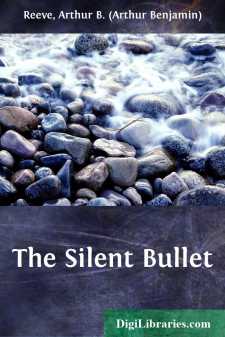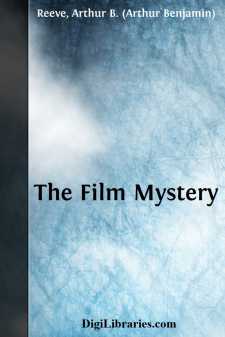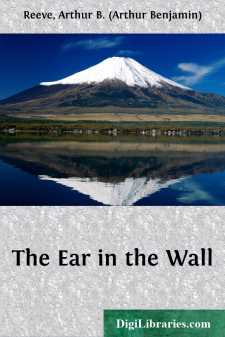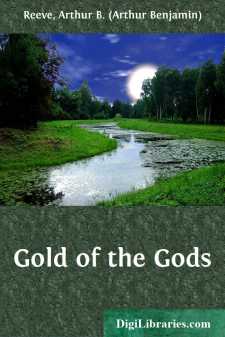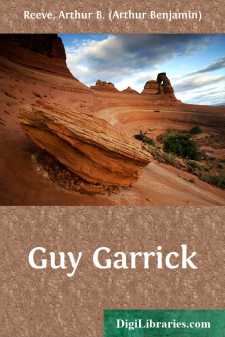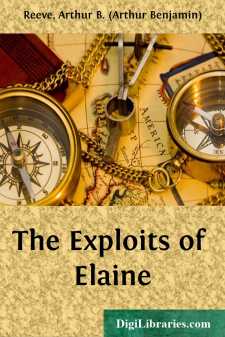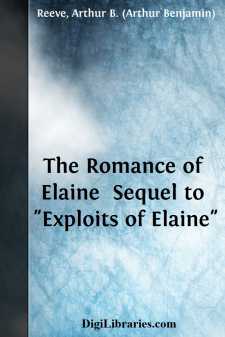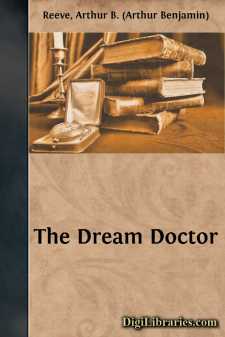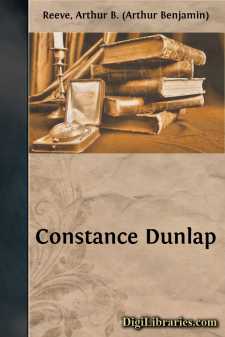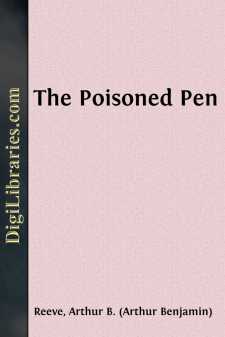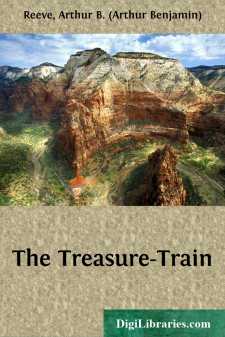Categories
- Antiques & Collectibles 13
- Architecture 36
- Art 48
- Bibles 22
- Biography & Autobiography 814
- Body, Mind & Spirit 145
- Business & Economics 28
- Children's Books 17
- Children's Fiction 14
- Computers 4
- Cooking 94
- Crafts & Hobbies 4
- Drama 346
- Education 53
- Family & Relationships 59
- Fiction 11833
- Foreign Language Study 3
- Games 19
- Gardening 17
- Health & Fitness 34
- History 1377
- House & Home 1
- Humor 147
- Juvenile Fiction 1873
- Juvenile Nonfiction 202
- Language Arts & Disciplines 88
- Law 16
- Literary Collections 686
- Literary Criticism 179
- Mathematics 13
- Medical 41
- Music 40
- Nature 179
- Non-Classifiable 1768
- Performing Arts 7
- Periodicals 1453
- Philosophy 66
- Photography 2
- Poetry 897
- Political Science 203
- Psychology 45
- Reference 154
- Religion 516
- Science 126
- Self-Help 85
- Social Science 82
- Sports & Recreation 34
- Study Aids 3
- Technology & Engineering 59
- Transportation 23
- Travel 463
- True Crime 29
Our website is made possible by displaying online advertisements to our visitors.
Please consider supporting us by disabling your ad blocker.
The Silent Bullet
Categories:
Description:
Excerpt
I. The Silent Bullet
"Detectives in fiction nearly always make a great mistake," said Kennedy one evening after our first conversation on crime and science. "They almost invariably antagonize the regular detective force. Now in real life that's impossible—it's fatal."
"Yes," I agreed, looking up from reading an account of the failure of a large Wall Street brokerage house, Kerr Parker & Co., and the peculiar suicide of Kerr Parker. "Yes, it's impossible, just as it is impossible for the regular detectives to antagonize the newspapers. Scotland Yard found that out in the Crippen case."
"My idea of the thing, Jameson," continued Kennedy, "is that the professor of criminal science ought to work with, not against, the regular detectives. They're all right. They're indispensable, of course. Half the secret of success nowadays is organisation. The professor of criminal science should be merely what the professor in a technical school often is—a sort of consulting engineer. For instance, I believe that organisation plus science would go far toward clearing up that Wall Street case I see you are reading."
I expressed some doubt as to whether the regular police were enlightened enough to take that view of it.
"Some of them are," he replied. "Yesterday the chief of police in a Western city sent a man East to see me about the Price murder: you know the case?"
Indeed I did. A wealthy banker of the town had been murdered on the road to the golf club, no one knew why or by whom. Every clue had proved fruitless, and the list of suspects was itself so long and so impossible as to seem most discouraging.
"He sent me a piece of a torn handkerchief with a deep blood-stain on it," pursued Kennedy. "He said it clearly didn't belong to the murdered man, that it indicated that the murderer had himself been wounded in the tussle, but as yet it had proved utterly valueless as a clue. Would I see what I could make of it?
"After his man had told me the story I had a feeling that the murder was committed by either a Sicilian labourer on the links or a negro waiter at the club. Well, to make a short story shorter, I decided to test the blood-stain. Probably you didn't know it, but the Carnegie Institution has just published a minute, careful, and dry study of the blood of human beings and of animals.
"In fact, they have been able to reclassify the whole animal kingdom on this basis, and have made some most surprising additions to our knowledge of evolution. Now I don't propose to bore you with the details of the tests, but one of the things they showed was that the blood of a certain branch of the human race gives a reaction much like the blood of a certain group of monkeys, the chimpanzees, while the blood of another branch gives a reaction like that of the gorilla. Of course there's lots more to it, but this is all that need concern us now.
"I tried the tests. The blood on the handkerchief conformed strictly to the latter test. Now the gorilla was, of course, out of the question—this was no Rue Morgue murder....


